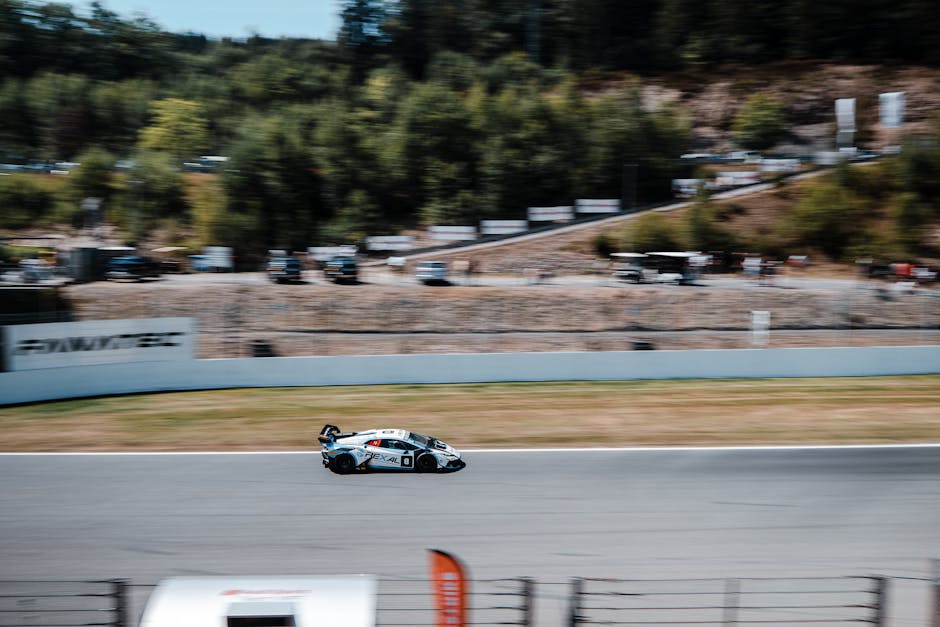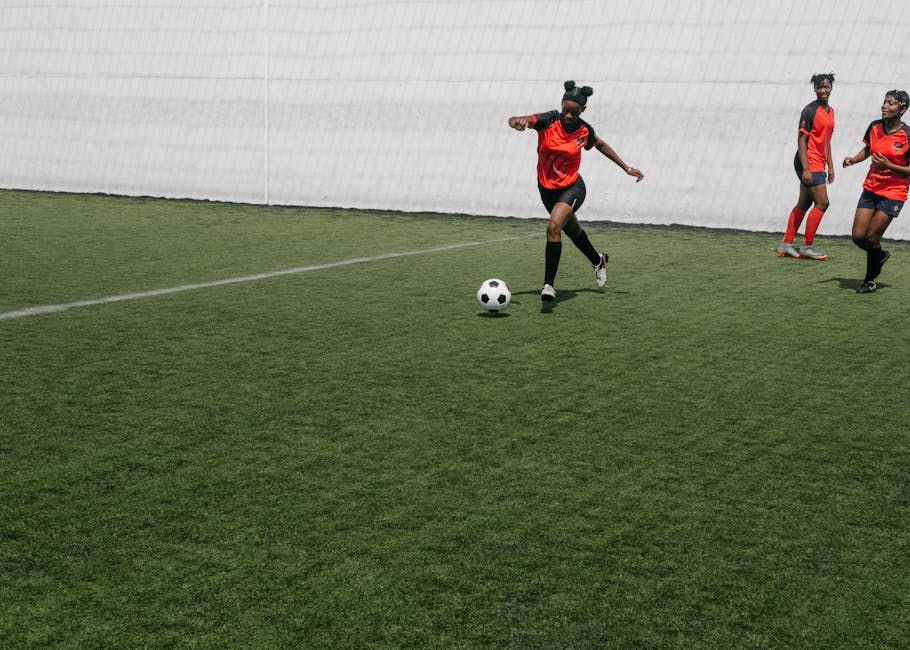Know What You’re Getting Into
High stakes tournaments aren’t just leveled up versions of your weekend games they’re a different beast entirely. Whether you’re dealing cards, hitting lanes, or drafting dream teams, the formats vary, but the pressure is the same: big money means bigger consequences.
Poker still holds the front line WSOP main events, private million dollar sit and gos, even online cash tables that can swing a fortune in an afternoon. Esports is right there too, stacking prize pools north of seven figures in games like Dota 2, Valorant, and League of Legends. Then there’s the fantasy arena, where DFS (daily fantasy sports) and high stakes season long leagues pull in sharp minds betting on performance metrics like it’s chess. Live buy ins add another flavor no digital safety net when you’re handing real money across a felt table or swiping into a live lobby.
What separates casual games from these is simple: commitment mental, financial, and strategic. Casual play lets you make mistakes and laugh them off. Big money tournaments remember every move. The margins are thinner, the reads sharper, and the tables less forgiving. Stake size doesn’t just raise value it amplifies risk. One wrong call isn’t a small setback it could be your whole stack.
Risk vs reward becomes a math equation with pressure baked in. High stakes formats reward precision and nerve. But every potential payout is shadowed by real downside. The best players aren’t the flashiest. They’re the ones who know exactly what game they’re walking into and why they’re there to win it.
Sharpen Your Strategic Edge
Winning at high level tournaments isn’t just about talent it’s about discipline. The top players don’t go all in just because they’re bored. They wait, they read the room, and they strike when the timing is perfect. Whether it’s poker, esports, or high stakes fantasy, patience and timing separate the pros from the pretenders.
Controlled aggression is the tool of choice. Smart players push the envelope when it matters not because they’re chasing emotion. Knowing when to back off is as important as knowing when to double down. This kind of calculated risk is what keeps you alive deep into the game, when emotional control starts to crack.
Mental stamina plays a huge role. These tournaments are marathons. You’re making split second decisions under stress while trying not to leak focus. One bad call can end hours or days of grinding. Those who last are the ones who’ve trained themselves to think clear when everything’s loud.
Looking for a sharper edge? Don’t miss out on these top tournament strategies.
Study the Game Then Study Yourself
Winning at high stakes tournaments isn’t just about knowing the game inside out. It’s about knowing yourself. The best competitors track everything: win rates, hands played, decisions made under pressure, what worked and what didn’t. Tools, spreadsheets, apps use them. If you’re not crunching your own numbers, someone else is, and they’re beating you with them.
But don’t get lost in the data. The real edge comes from awareness. Spotting your personal patterns the good and the bad. Do you tighten up too much after a bad beat? Do you chase losses late in sessions? These are leaks, and the only way to plug them is with brutal honesty and a short memory. Learn, reset, move on.
Self awareness keeps your brain sharp in the fire. When the stakes get serious, small mistakes turn into big losses. Knowing your own habits and triggers helps you shut out the noise and stay focused on the long game. Playing well isn’t just about outthinking your opponents. It’s about not getting in your own way.
Read the Table, Not Just the Cards

High stakes tournaments aren’t won by chance they’re won by reading people as much as playing the game. While technical skill is foundational, reading your opponents can offer the edge you need when pots get serious.
Master Opponent Analysis
Understanding who you’re up against is crucial. Elite players pay close attention to behavioral patterns, betting tendencies, and emotional triggers. Every decision your opponent makes is a data point.
Key skills for effective opponent analysis:
Track betting patterns across hands
Identify overly aggressive or overly passive styles
Pick up on physical or timing tells (especially in live formats)
Spot repeated strategies or emotional reactions
Recognizing Bluff Signals
Not every strong play is legit and not every bluff is worth chasing. Knowing when an opponent is bluffing comes down to observation and risk reward judgment.
Signs a bluff might be just noise:
Sudden changes in betting speed or rhythm
Inconsistencies between betting behavior and board state
A player desperate to recover from a recent loss
Counterbluffing or calling can be profitable, but only when backed by evidence.
Stay Three Moves Ahead
Top tier players don’t just play the current hand they anticipate future scenarios. Projection and prediction are what separate finalists from early exits.
To stay strategically ahead:
Think in terms of ranges, not just hands
Consider how your play now sets up the next move
Force opponents into tough decisions before they expect them
Always adapt your approach based on how the table evolves
Winning high stakes play is part performance, part psychology. Learn the people as well as the game, and you’ll gain control of the action long before the river hits.
Smart Bankroll Management
Raw skill can take you far, but poor discipline will wreck even the sharpest player’s run. High stakes games are littered with stories of elite level competitors who burned through winnings because they didn’t respect the math. When real money’s on the line, self control becomes a weapon.
Smart bankroll management isn’t sexy, but it’s how careers are built. Start by setting fixed limits per day, per tournament, even per hand if needed. Stick to a percentage rule: many top players never put more than 1 2% of their total bankroll into a single event. That way, bad variance doesn’t wipe you out.
Minimizing emotional tilt is just as critical. That means walking away after a loss, not chasing recovery. Have a routine: take breaks, track your state, and avoid playing when tired or agitated. Emotions distort judgement and can nudge your risk tolerance into dangerous territory.
For players looking to get serious, use tools that do the math for you. Apps like PokerBankrollTracker, BankrollHero, and even custom spreadsheets can help analyze swings, identify leaks, and show you when to level up or pull back. Discipline isn’t about being robotic; it’s about making sure you stay in the game long enough to let your edge pay off.
Adapt and Exploit on the Fly
In high stakes tournaments, rigidity is a recipe for defeat. The best players know that sticking to a single strategy even a proven one can quickly become a liability once the game evolves. Success often hinges on your ability to read the moment and pivot when necessary.
Ditch the One Playbook Mentality
Tournaments are fluid by nature. Player behavior changes, stakes escalate, and circumstances shift without warning.
Static strategies get exposed as play progresses
Opponents adapt to predictable patterns
Situational awareness becomes a critical advantage
Great players react not just with instinct, but informed adjustment.
Track the Momentum Shifts
Spotting subtle changes in tempo or confidence can give you a valuable edge.
Are opponents becoming overly aggressive or unusually passive?
Is the dynamic at the table changing after a big hand or play?
How are players adapting to escalating blinds or rule variations?
Recognize these patterns early and respond accordingly.
React in Real Time
Adaptability goes beyond observation. You need to act on the information you’re collecting.
Switch gears between loose and tight play
Experiment with unconventional lines when opponents seem stuck
Read new player types whether reckless rookies or seasoned sharks
Quick thinking wins when hesitation can cost everything.
Learn and Refine Continuously
Each new tournament is an experiment. Use each one to refine your flexibility and test your range.
Keep a personal post session breakdown: What did you adapt to? What did you miss?
Rewatch or review gameplay recordings for strategic insights
Stay current with evolving meta and unconventional strategies
Refer to more top tournament strategies to build your on the fly toolkit further.
Adaptation isn’t optional at the top tier it’s a defining trait of champions.
Play to Win, Not Just to Survive
There’s a line between playing not to lose and playing to actually win and in high stakes tournaments, the difference shows. The winners? They’re the ones who lean in when the pressure spikes. They don’t just protect their stack. They strike when others freeze.
It’s mostly mindset. Runners up often play fear first, avoiding risk and obsessing over elimination. Winners flip that. They play with purpose. They read the moment, see the upside, and bet on themselves without getting reckless.
Instinct plays a part, but it’s not some magical gut feeling. It’s built over hours of reps, hundreds of hands, dozens of tournaments where decisions got tested and patterns got wired in. Real instincts come from work. And when they’re earned, they deserve trust.
If you’re sitting at the final table or the last round wondering whether to push or fold, ask yourself: are you trying to hang on, or are you here to win?




